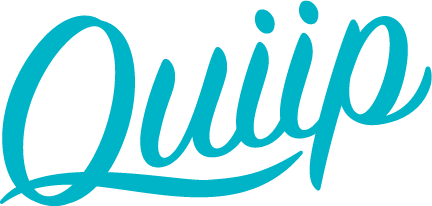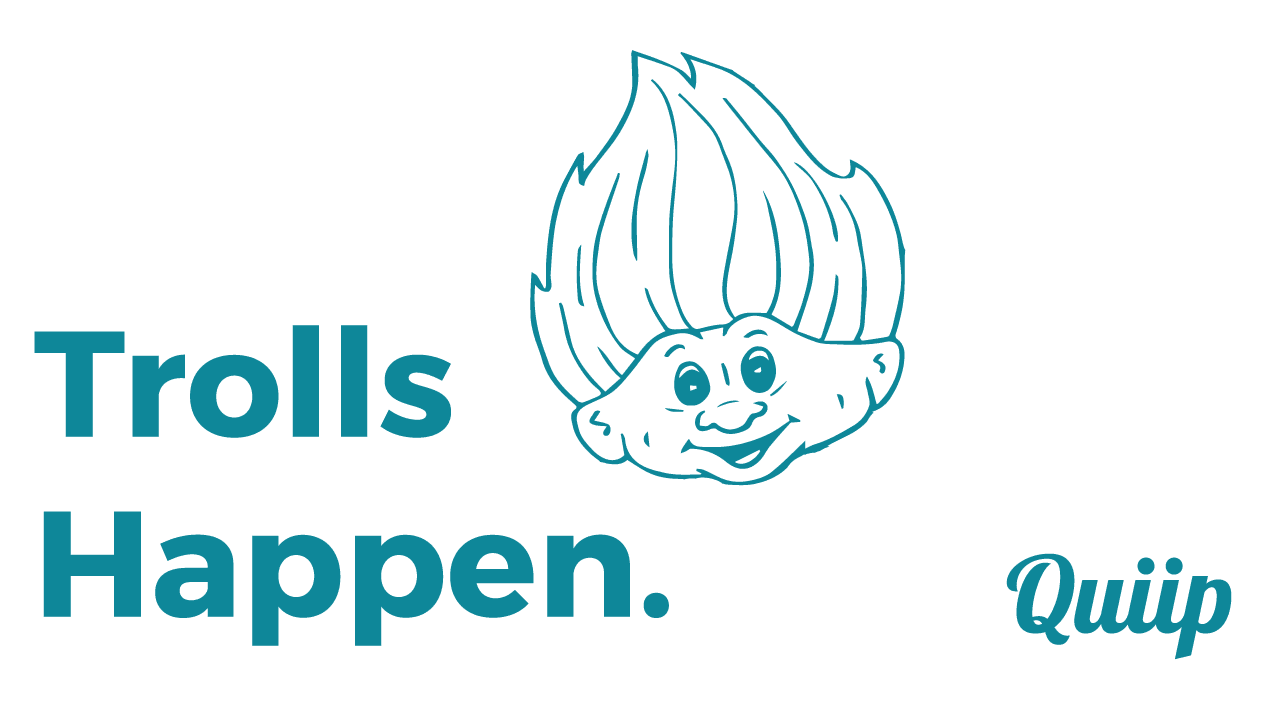Psychological Qualities of Trolls and How to Handle Them
Trolls happen. But it’s the decision you take in reacting to them that can affect your brand. For the amount of trolling that occurs, there has limited research into the topic; Claire Hardaker led the way in 2010 with a look into the content generated by trolling – concluding that there were four fundamentals to trolling behaviour “deception, aggression, disruption, and success.” (Hardaker, 2010)
While these content behaviours were helpful in recognising trolling behaviour, there was limited research into understanding why people act out in this way.
The first psychological look into trolling was released in November, through the journal Personality and Individual Differences, where Naomi Craker and Evita March looked at the Dark Tetrad personality traits as a way of predicting trolling online, in this case Facebook.
What is the Dark Tetrad?
Composed for four different, negative personality types – Narcissism, Machiavellianism, Psychopathy and Sadism; the Dark Tetrad was discovered by Erin Buckels and Delroy Paulhus, University of British Columbia and Daniel Jones, University of Texas at El Paso as they searched for an extension to universally accepted Dark Triad of personality theory.
What do these personality types have to do with trolling?
Craker and March set out to discover if there was a personality more predominant in trolling, and to identify the attributes of such personality types, in order to be able to respond effectively, and without disruption to your community.
Through the research, it became apparent that Psychopathy and Sadism personality traits are the perfect candidates for Facebook trolling – Psychopaths “lack empathy and show a disregard for the physiological distress caused to others” where as Sadists are “merciless, emotionally cruel, driven by the pleasure they get through others pain and discomfort” (Craker and March, 2016; pg. 80)
While Craker and March disregard the Machiavellianism trait as one for Facebook trolling; the calculating and strategic nature, coupled with the ability to exercise impulse constraint may make Machiavellianists to be a likely candidate for trolling within other community assets, such as online forums, where they can manipulate others into their disregard for other community members.
All three personality types are driven by personal gain, in this case negative social reward tied to chaos through the repeated posting of aggressive arguments and malicious messages to both the brand or other community members.
It’s important to note that the fourth Dark Tetrad personality type, narcissism isn’t considered part of the troll environment due to the self-focus behaviour. While this personality trait is typical with having difficulty relating to empathy; the lack of desire to inflict pain onto others means that they aren’t synonymous with trolling like the other three Dark Tetrad types.
Stay one step ahead of trolls – or even better, learn how to get them on side, by planning 2017 to be your company’s best year yet on social!
How to handle troll behaviour
By recognising these Dark Tetrad traits in trolling personalities, it makes it easier for community managers to be able to respond accordingly. Here, the classic “don’t feed the trolls” really comes to life. Rather than risk your brand or community reputation, which these personality types will see as a negative social reward for their efforts – a lack of engagement must occur, no matter how much you wish to respond.
- “Ignore them and they’ll go away”: This age-old theory has a fifty/fifty chance in your favour. Trolls, if ignored, may move to new opportunities or the may increase or heighten their trolling.Additionally, ignoring messages may also encourage other trolls to one-up their behaviour in order to achieve a higher negative social reward from that original troll and you risk losing control, not only to the trolls but also cause a negative effect to the rest your community.
- Identify the troll: It is important that some comments, especially in the mental health sector, may seem to be malicious to your content, but could actually be a cry for help. In cases like this, err on the side of caution and always respond as per your brand’s messaging.Identification and close moderating of the behaviour of the Machiavellianists, Sadists and Psychopaths in your community will help you to be able to establish a pattern of activity (whether it be relevant to topic or time of day) to be able to respond quickly and efficiently accordingly.
- Removal of content through hiding or deleting: It’s important to make sure your community is safeguarded against anti-social behaviour. While you can contact the user on the reasons why their comment has been removed, both Psychopaths and Sadists won’t acknowledge said reasoning since they don’t regard the affect that their comments cause others.Hiding content can be seen as a nice medium between doing nothing and deleting, the troll can still see their comment – however the remainder of the community cannot. This is a great scenario for comments that aren’t aimed at other community members and also only applicable for Facebook.If you are unable to hide, and the content is extremely inflammatory, then it may be best to remove the content in the interest of the community, and keeping your members safe.There are times where trolls have been taken to task by the community themselves for their behaviour – typically in communities where there isn’t around the clock moderation. This can be a risky scenario, as troll behaviour (especially when dealing with sadists) may see them coming back to the community to save face, and reek more social chaos than what was intended the first time.
- Removal of the offender: This generally is the last resort for many brands and isn’t taken lightly, however banning users who are happy to inflict pain and distress onto others need to be removed for your community to progress forward. As a community manager, it’s important that your space is a safe place, free from harm and social-negative behaviour.

